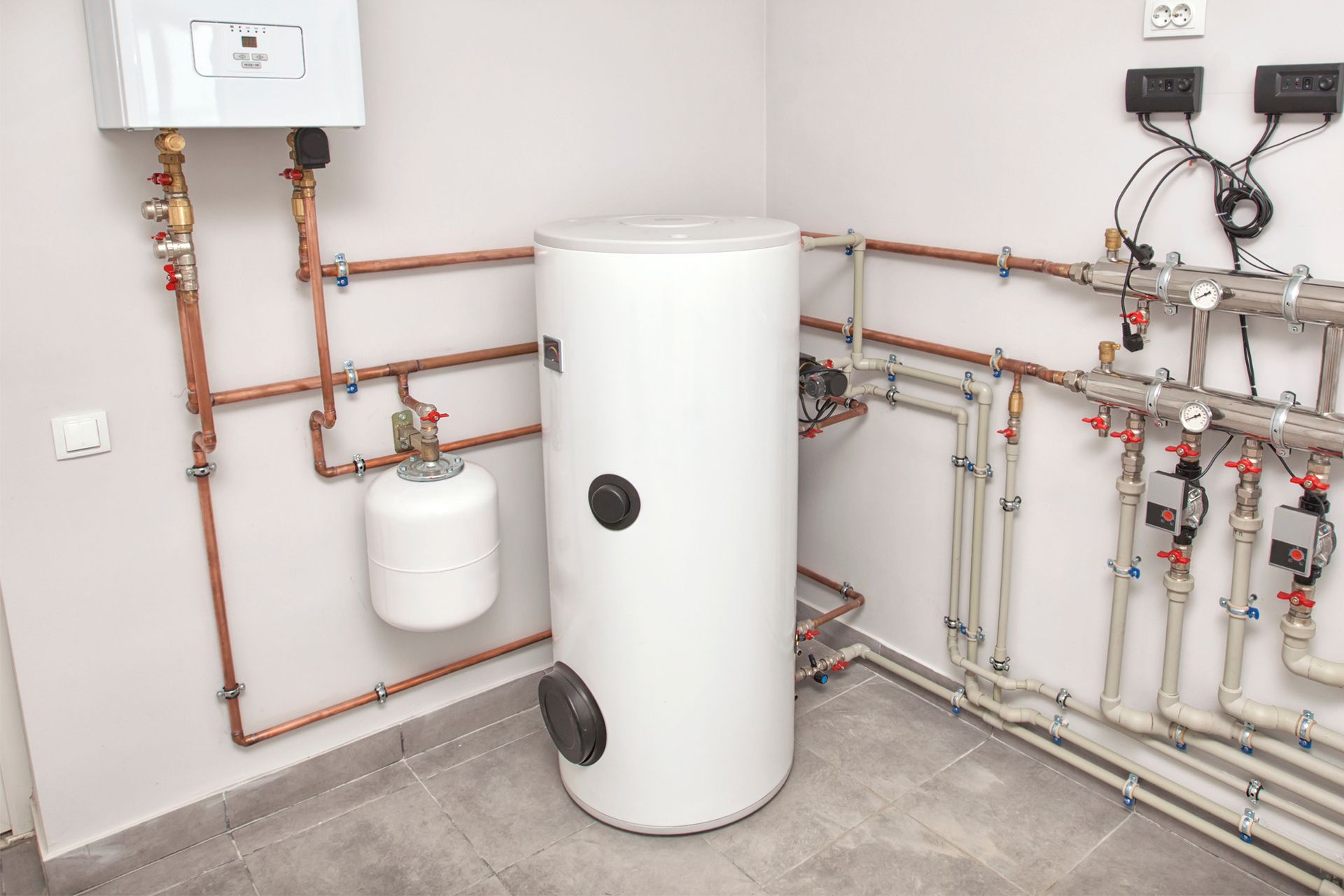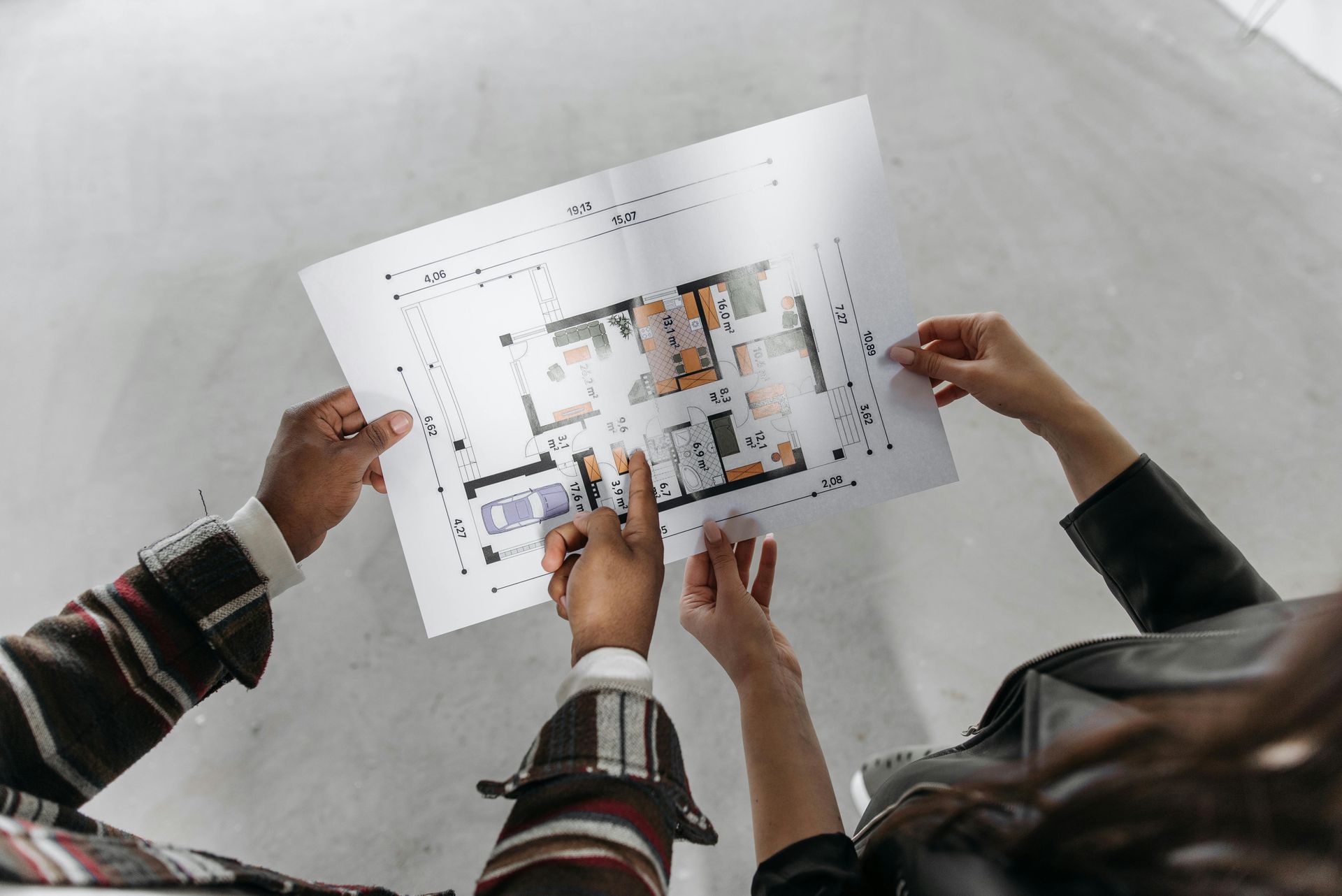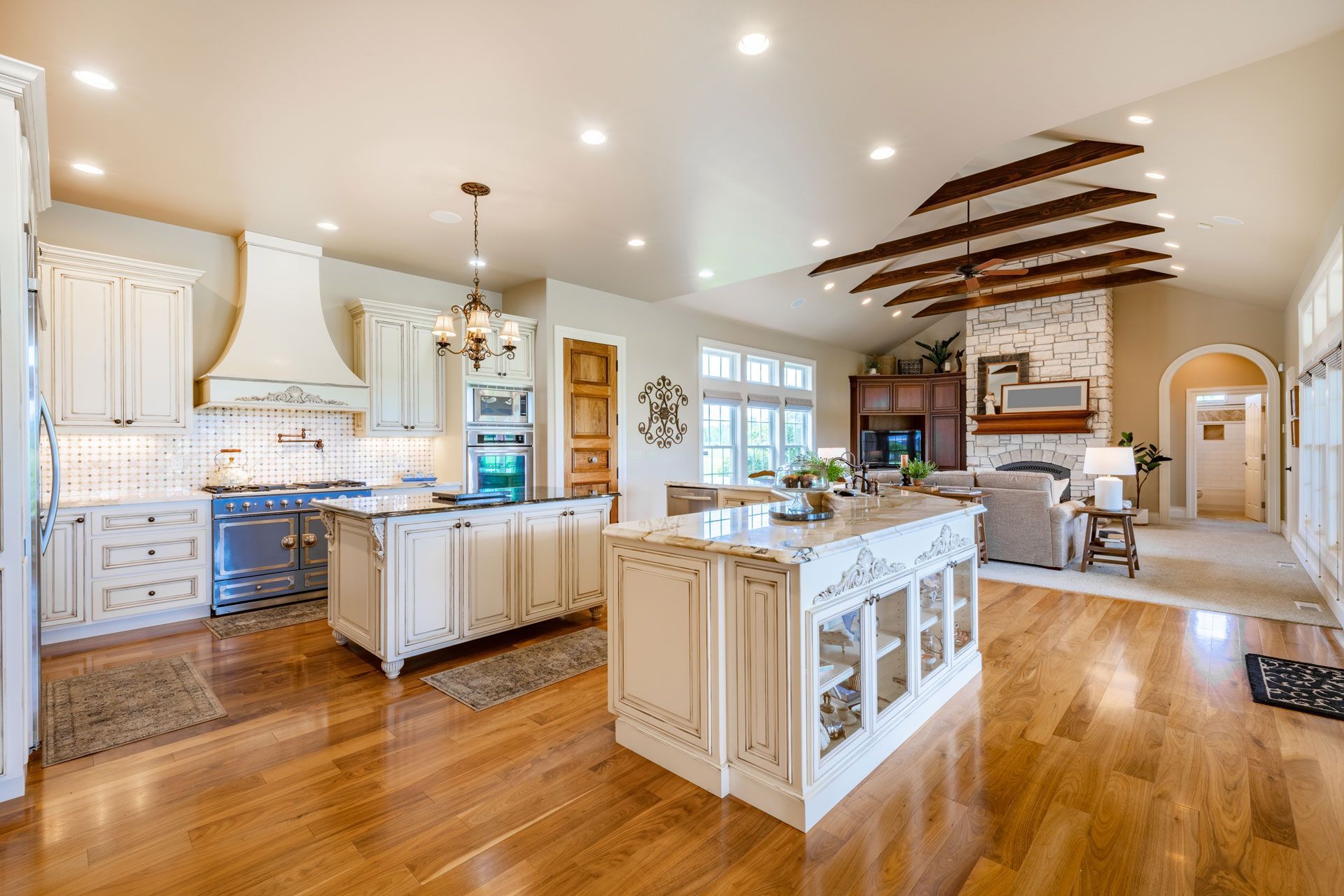Essential Winter Maintenance Tips for Homeowners
As the cold weather sets in, it's important for homeowners to prepare their homes for winter. Proper maintenance not only ensures comfort during the season but can also prevent costly repairs in the future. Here are some basic maintenance tasks and winter preparation tips that every homeowner should consider before the snow starts falling.
1. Inspect and Clean Your Gutters
Gutters are designed to channel rainwater away from your home, but when they’re clogged with leaves and debris, water can overflow and damage your roof or foundation. Before winter arrives, clean out your gutters to avoid potential ice dams. If you’re not comfortable doing this yourself, consider hiring a professional to ensure it’s done safely.
2. Check Your Roof for Damage
Your roof is your first line of defense against winter weather. Inspect the shingles for any signs of damage, such as missing or cracked shingles, and replace them. Pay attention to areas around chimneys, vents, and skylights where leaks are more likely to occur. If you're unsure about doing this yourself, it's worth getting a roofing contractor to do a quick inspection.
3. Seal Gaps and Insulate
Cold air can easily sneak in through cracks around windows and doors, making your heating system work overtime. Check for drafts and seal any gaps with weatherstripping or caulk. Insulating your attic and walls can also help maintain a consistent indoor temperature, reducing heating costs.
4. Service Your Heating System
Before the first cold snap, have your furnace or heating system professionally serviced to ensure it’s working efficiently. Replace air filters, check for any gas leaks or faulty parts, and make sure the thermostat is functioning correctly. This is one of the best ways to avoid unexpected breakdowns when you need heat the most.
5. Check the Chimney and Fireplace
If you have a fireplace, now’s the time to inspect the chimney. Make sure it’s free of soot, debris, or any obstructions that could lead to a dangerous fire. Have the chimney professionally cleaned if you haven’t done so in a while. Also, check that the chimney flue is in good working order.
6. Protect Outdoor Faucets
Frozen pipes are a common problem during the winter months. To prevent them from bursting, disconnect garden hoses and drain outdoor faucets. If possible, shut off the water supply to outdoor faucets and cover them with insulated covers to protect them from freezing.
7. Inspect Insulation
Proper insulation is key to maintaining warmth in your home. Check the insulation in your attic, basement, and around pipes. Adding or replacing insulation can help keep your home warmer, reduce energy bills, and prevent pipes from freezing.
8. Check Smoke and Carbon Monoxide Detectors
With your heating system running more often in winter, it's critical to ensure that your smoke and carbon monoxide detectors are working properly. Test the alarms and change the batteries if necessary. You can never be too safe when it comes to fire and carbon monoxide risks.
9. Prepare Your Emergency Kit
Winter weather can sometimes be unpredictable, and power outages or severe weather conditions can leave you stranded for hours. Be sure to have an emergency kit ready with essentials like bottled water, canned food, flashlights, blankets, and extra batteries. Keep this kit in a place that’s easily accessible.
10. Trim Overhanging Tree Branches
Snow and ice can weigh down tree branches, potentially causing them to snap and damage your home or vehicles. Trim any overhanging branches before the winter season begins to prevent this risk.
11. Ensure Proper Ventilation
Ensure that your home is properly ventilated to prevent moisture buildup, which can lead to mold and mildew. This includes checking vents in the bathroom, kitchen, and attic, and ensuring that all air passages are clear.
12. Prepare Snow Removal Equipment
If you live in an area where snow is common, now is the time to check your snow removal equipment. Make sure your snowblower is working, and stock up on salt, sand, and shovels to clear driveways and walkways.
In conclusion, winter can bring many challenges for homeowners, but a little preparation can go a long way in ensuring that your home stays safe and comfortable throughout the season. By completing these maintenance tasks before the cold weather hits, you’ll not only protect your property but also save on expensive repairs and energy bills. Stay warm and take care of your home this winter season!




